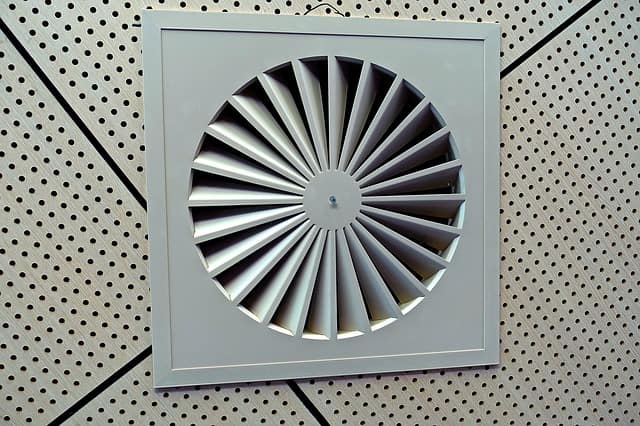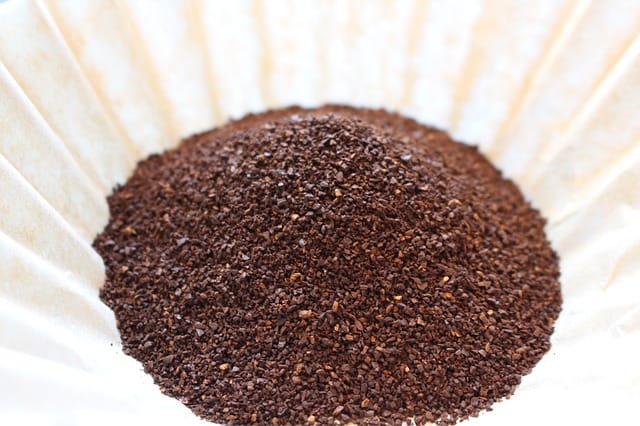The most common reasons for a lawn mower to vibrate are damaged blades, out-of-balance blades, loose blades, damage to the mandrel, a damaged flywheel or flywheel key, debris clogging up the pullies, or your lawn mower needing a tune-up.
In this article, we will cover the main reasons your lawn mower is vibrating and how to locate the problem. Most of these issues can be solved without the help of a professional (as long as some basic safety precautions are practiced).
What Safety precautions should I use?
Before you put your hands in the path of sharpened metal that spins at over 200 miles an hour you will want to make sure to take all necessary precautions. The first step is to disconnect the spark plug. This can be done by removing the boot (the rubber piece connecting the spark plug to the plug wire) and turning it around so that it cannot accidentally make the connection.
Be sure to take care when handling the blades as these will be sharp (fingers are not too far off from the grass these are designed to slice). Make sure to refer to the mowers owner’s manual and follow any recommended safety precautions listed to further avoid any accidents.
What can cause bent or loose blades?
Threes of the most common causes of a vibrating mower are blades that are bent, out of balance, or loose. This can happen when the blades come in contact with a stump, root, or rock while spinning. If the vibrating was accompanied by uneven cutting, the mower motor is stalling or odd sounds like grinding and rattling, this can point toward bent or loose blades.
Blades can also become out of balance when the bolt holding them in place becomes loose, the blade is nicked or the blade itself has sustained damage. This will cause the blades to vibrate and make noise while you are mowing. Another cause of out-of-balance blades is improperly sharpened blades.
How do I tell if my lawn mower blades are damaged?
You can visually inspect the blades for any notches, nicks, or any visual bends along the blade. If any of these signs are present, you have some bent blades on your hands. (If you followed the safety instructions then hopefully that’s not a literal thing.)
Your lawn mower has safeguards in place to keep further damage from happing after hitting a solid object. A lot of times these can save you tons of money on repairs. These are things we will cover later in this article.
Can I fix my lawn mower without any help?
If you do find out the blade is bent on your mower then it is likely going to be your best option to replace them. Rarely will you be able to bend them back perfectly into place with the naked eye (I lost an entire afternoon coming to this conclusion myself). It is possible that some other parts were damaged in the process as well.
If you don’t have experience servicing lawn equipment, you may need to head to a lawn equipment repair shop to have a professional inspect the inner workings. They will check everything out to ensure that it is safe to operate. Never operate any equipment that has a faulty or damaged part. (I count on all my fingers and toes and losing one would affect my math skills.)
How do I determine which part is the problem?
In addition to the blades being bent, there are other parts that could be damaged. Some parts are designed to take damage before other and more expensive parts take the brunt end of it. Careful attention should be paid to checking if any of these have also suffered damage. These are some of the parts that could be also the source of the vibration:
- Mandrel (The part that attaches the blade to the mower deck and allows the blade to spin)
- Flywheel
- Flywheel key
- Obstructed pulley
- Belt
Is my mandrel bad?
The bearings on the mandrel can wear out over time. Hitting a solid object while mowing can also damage these bearings. When these bearings are damaged, they can produce a harsh vibration in the mower deck. This is a less common cause but still, something that can happen so it should be checked.
The telltale signs for worn bearings in the mandrel are uneven cutting, vibrations accompanied by buzzing sounds, and sometimes a squealing sound. These bearings can be purchased and replaced at home with a little know-how and the right tools.
Do I have a faulty flywheel?
The flywheel is equipped with a connecting piece called the flywheel key. The flywheel key is made so that it will sheer off before the flywheel takes the majority of the damage. A damaged flywheel key can cause your lawn mower to vibrate.
The flywheel can be visually inspected for damage and replaced if any damage is detected. Be sure to inspect both the flywheel and flywheel key for any damage.
What do I look for if I think my pulley is the problem?
Another cause of mower vibration is the pullies. The pullies on your mower can become obstructed or otherwise clogged up. Removing the obstructing grass, dead bugs, or other things that manage to get lodged within will usually solve this issue.
If none of the other things in this article are the culprit then check for this last known issue that can cause your mower to vibrate and not cut your lawn as intended.
Can my belts cause my lawn mower to vibrate?
Yes, if your blade belt becomes worn you will experience uneven cuts and a vibrating mower deck. This should be inspected regularly and you should replace it at the first signs of wear to avoid your lawn looking choppy and your mower vibrating like a cell phone during a work meeting. You should be able to detect any wear or fraying along the edges of the belt.
Hi, I’m John Stephens, chief editor and writer for Totalgardener.com. I’ve been gardening and raising animals for over 15 years starting with a small backyard plot in Northern Virginia where I grew corn, potatoes, squash, and using a high mulch technique called the Ruth Stout Method. I also raised ducks and small mammals for meat and eggs in a movable pen similar to the ones used by Joel Salatin. I later moved to Colorado where I experimented with growing greens using aquaponics inside. I eventually added a microgreens setup and home sprouting operation. I’m excited to share everything I’ve learned plus more from the other local gardening and animal raising experts I know.



